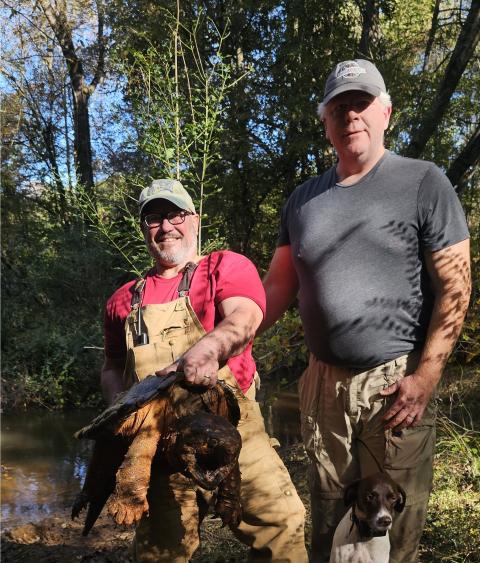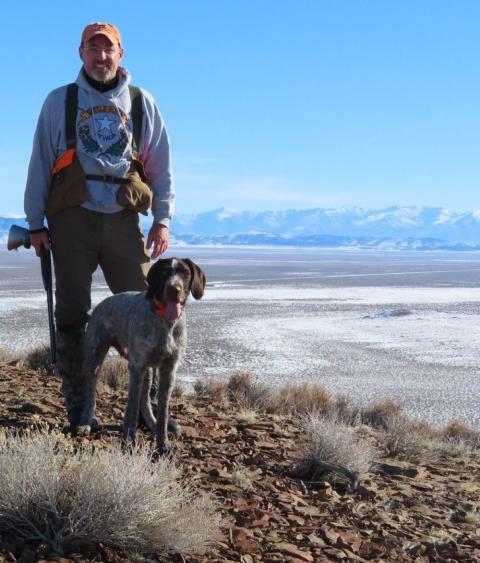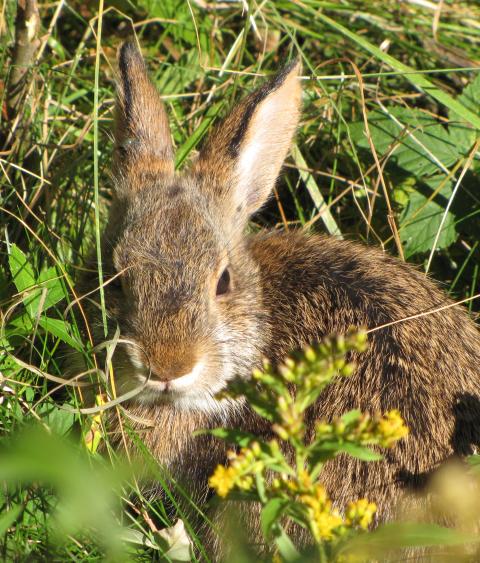Conservation Brief
Study Evaluates Importance of Personal Outreach to Landowners
A new study published in PLOS One evaluated the importance of outreach to private landowners in the success of young forest restoration efforts in the Appalachians and Upper Great Lakes regions. Landowners in the region have been engaged in young forest management to improve habitat for golden-winged warblers, woodcock and other species. An assessment being conducted as part of the NRCS Conservation Effects Assessment Project (CEAP) is underway to evaluate the effectiveness of these conservation efforts. In addition to evaluating the ecological success, Virginia Tech’s Department of Fish and Wildlife Conservation developed a study to determine how important personal outreach efforts were for landowners. The study found that landowners have more positive perceptions of program outcomes and trust in the agency when they accompanied technicians during monitoring efforts.
“Private landowners are critical to the health of our nation’s wildlife populations,” commented Ashley Dayer, assistant professor of human dimensions at Virginia Tech. “Ensuring that conservation programs are designed and delivered in a way that works for landowners and fosters their continued interest in conservation is essential.”
Some landowners who participated in NRCS programs to manage young forests accompanied biological field technicians on site visits while some chose not to; other landowners received personalized mailings that described the birds that were found on their property. The survey evaluated the landowners’ experiences with the habitat program and then compared responses among those that received additional outreach and those that did not. The landowners that accompanied technicians had higher trust for the agency and a more positive understanding about the program. Those landowners that received mailings had increased knowledge of birds, but the outreach did not improve landowners’ trust in the agency or perceptions about program outcomes. The findings show the importance of personal interactions with landowners during conservation efforts on private lands.
“This study shows the value of investing in face-to-face interactions and relationship building,” explained Seth Lutter, lead author on the study. “Further, the results show an important and unexpected role that biological monitoring technicians can play in building landowner trust with the agency delivering conservation programs."



